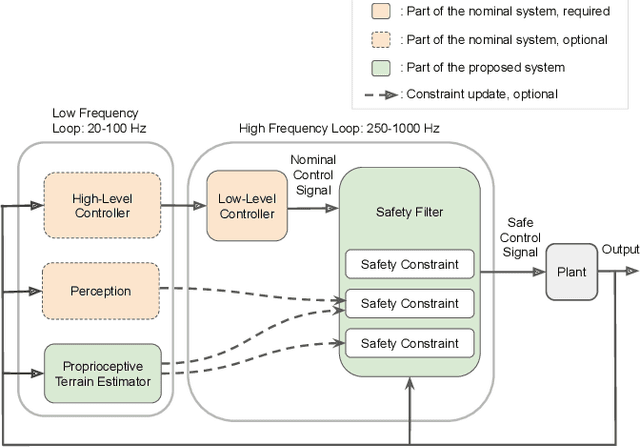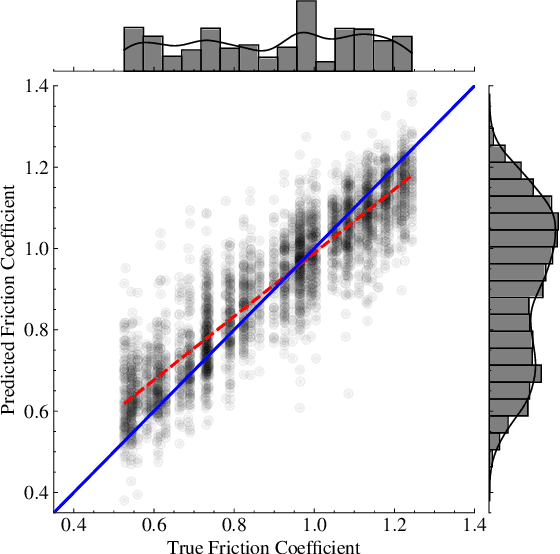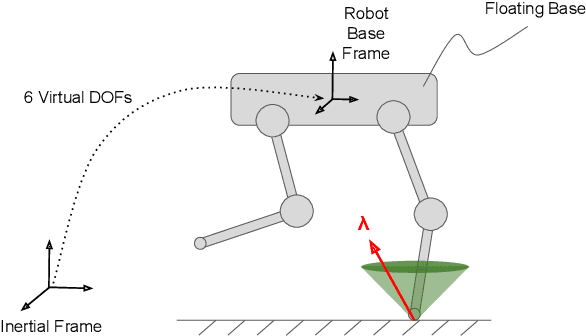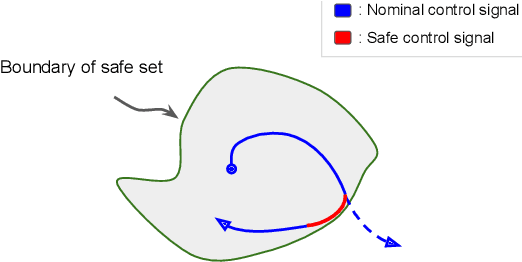Modular Safety-Critical Control of Legged Robots
Paper and Code
Mar 04, 2023



Safety concerns during the operation of legged robots must be addressed to enable their widespread use. Machine learning-based control methods that use model-based constraints provide promising means to improve robot safety. This study presents a modular safety filter to improve the safety of a legged robot, i.e., reduce the chance of a fall. The prerequisite is the availability of a robot that is capable of locomotion, i.e., a nominal controller exists. During locomotion, terrain properties around the robot are estimated through machine learning which uses a minimal set of proprioceptive signals. A novel deep-learning model utilizing an efficient transformer architecture is used for the terrain estimation. A quadratic program combines the terrain estimations with inverse dynamics and a novel exponential control barrier function constraint to filter and certify nominal control signals. The result is an optimal controller that acts as a filter. The filtered control signal allows safe locomotion of the robot. The resulting approach is generalizable, and could be transferred with low effort to any other legged system.
 Add to Chrome
Add to Chrome Add to Firefox
Add to Firefox Add to Edge
Add to Edge